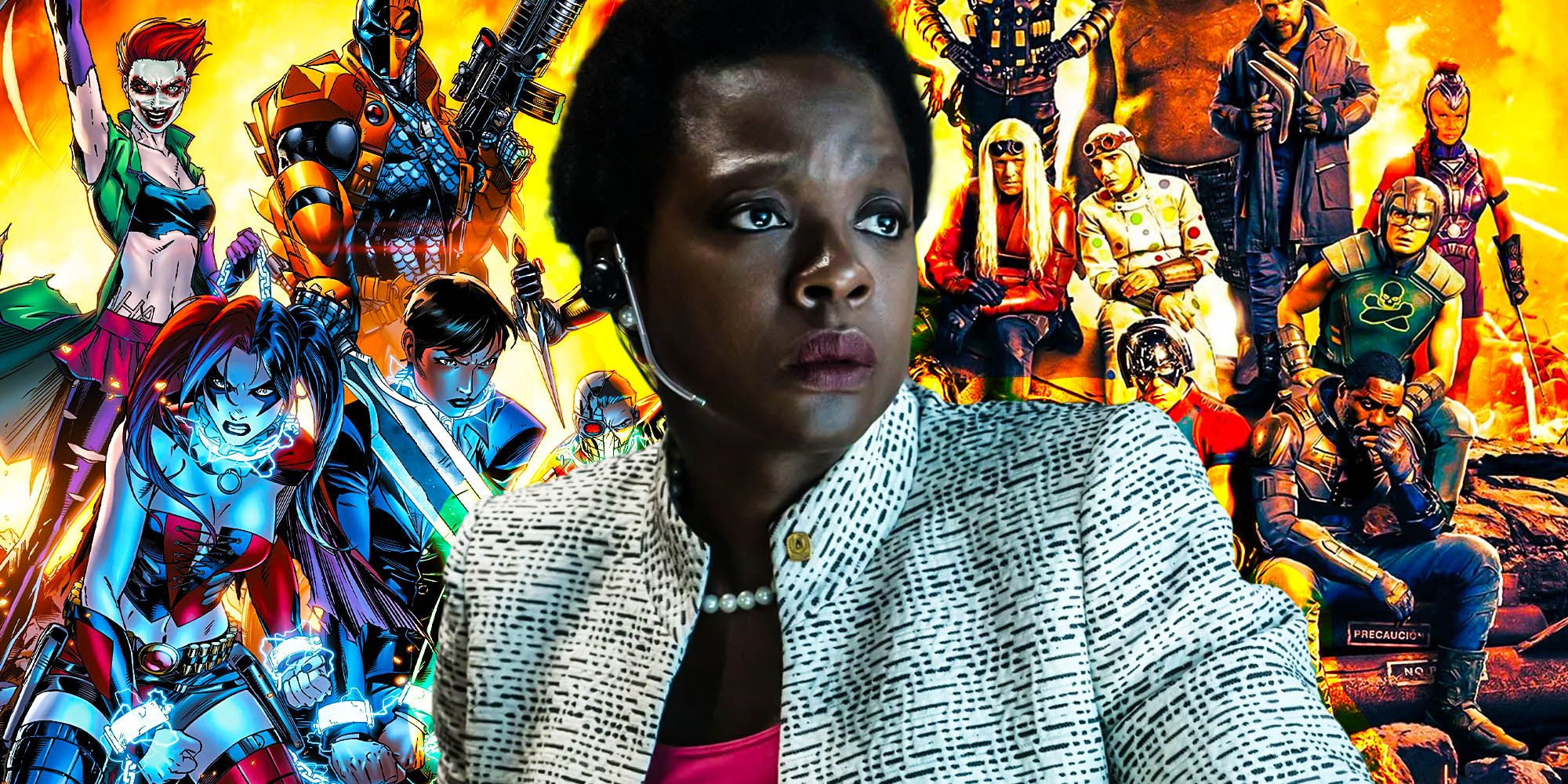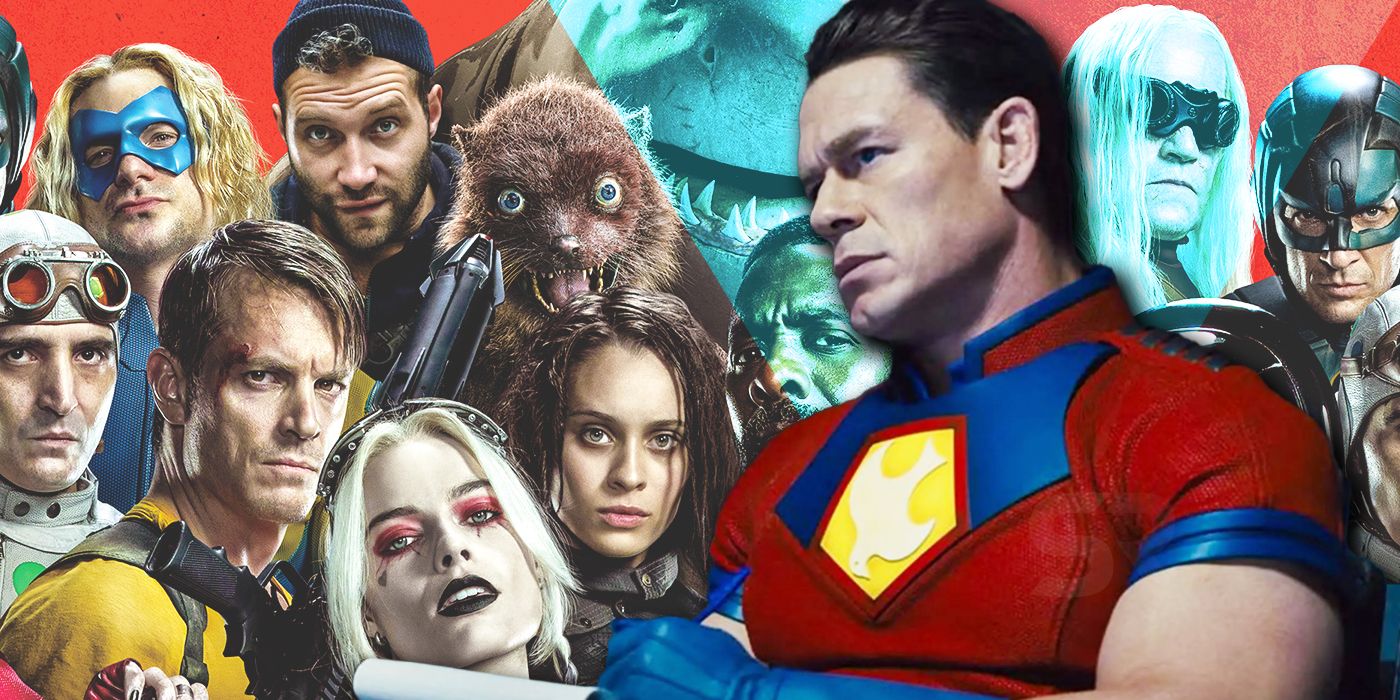
James Gunn’s The Suicide Squad showed that a soft reboot was the best way forward for this part of the DC Extended Universe, and a third installment should continue this trend. Released in 2016, the first film, Suicide Squad, was directed by David Ayer and starred Will Smith as assassin Deadshot, Margot Robbie as Harley Quinn, and Jared Leto as The Joker. While critically panned by critics and audiences alike, it was a blockbuster hit financially, ensuring a squeal would be made.
After several false starts, Gunn was brought on board to helm the sequel, bringing in his comedic and R-rated sensibilities from his Troma days, which meshed well with the subject matter of villains risking life and limb to save the world. The director’s approach was to largely ignore the previous film, except for bringing back Quinn, Joel Kinnaman’s team leader Rick Flag, Viola Davis’ head of Task Force X, Amanda Waller, and Jai Courtney's criminal Captain Boomerang. Key characters from the first film such as Deadshot and The Joker were left out, leaving room for Gunn to introduce lower-tier villains such as Peacemaker, Polka-Dot Man, and Ratcatcher 2.
RELATED: How The Suicide Squad Lets James Gunn Be Himself (But The MCU Doesn’t)
A key aspect of The Suicide Squad's success is Gunn’s approach to the team; no one is safe. DC allowed him to kill off any character in the interest of progressing the story. This is a refreshing take on the superhero genre, in which audiences know that — no matter what happens — the main character(s) will survive to fight another day. While this relaxed approach to character life expectancy keeps the audience guessing, in any other movie series this could quickly exhaust available (anti)heroes. DC, however, has an extensive and ever-expanding rogues gallery that it can draw from. There is a huge number that still hasn’t been seen on the big or small screen, and the third movie should continue to draw from this catalog by enlisting a new team once again. This would seem to be the intention given the limited number of Task Force X members left standing by the time the credits roll.

Having a new team for each movie also fits in with Amanda Waller’s ruthlessness. The Suicide Squad highlights how she has no problem dispensing with members of Task Force X, as there is no shortage of criminals to take the place of those that don’t follow orders. The majority of the DC rogues gallery don't have the clout or recognition value to be a primary antagonist for a Superman, Batman, or Wonder Woman film — but this relative mainstream obscurity adds value to their membership to the Suicide Squad, as it gives the creatives unhindered freedom over their fate in the interest of telling a compelling story.
James Gunn's return for Suicide Squad 3 is still unconfirmed, as is the film itself after the second film's disappointing box office (despite strong reviews). However, whatever form future adventures take, the strength of the movies is in their ability to use a new team, rather than follow recurring characters. There is then scope within the DCEU for breakout characters to continue their stories outside of the main films, such as Harley Quinn’s Birds of Prey, or the upcoming Peacemaker HBO Max TV series starring John Cena as the title character. This spin-off approach allows DC to continue to showcase how broad and unique its villain catalog is. While Phase 4 of the MCU could unleash the Thunderbolts (its own version of the villain team-up), The Suicide Squad already has a strong foundation to build on for future movies.
from ScreenRant - Feed https://ift.tt/3E8TXSc

0 Comments